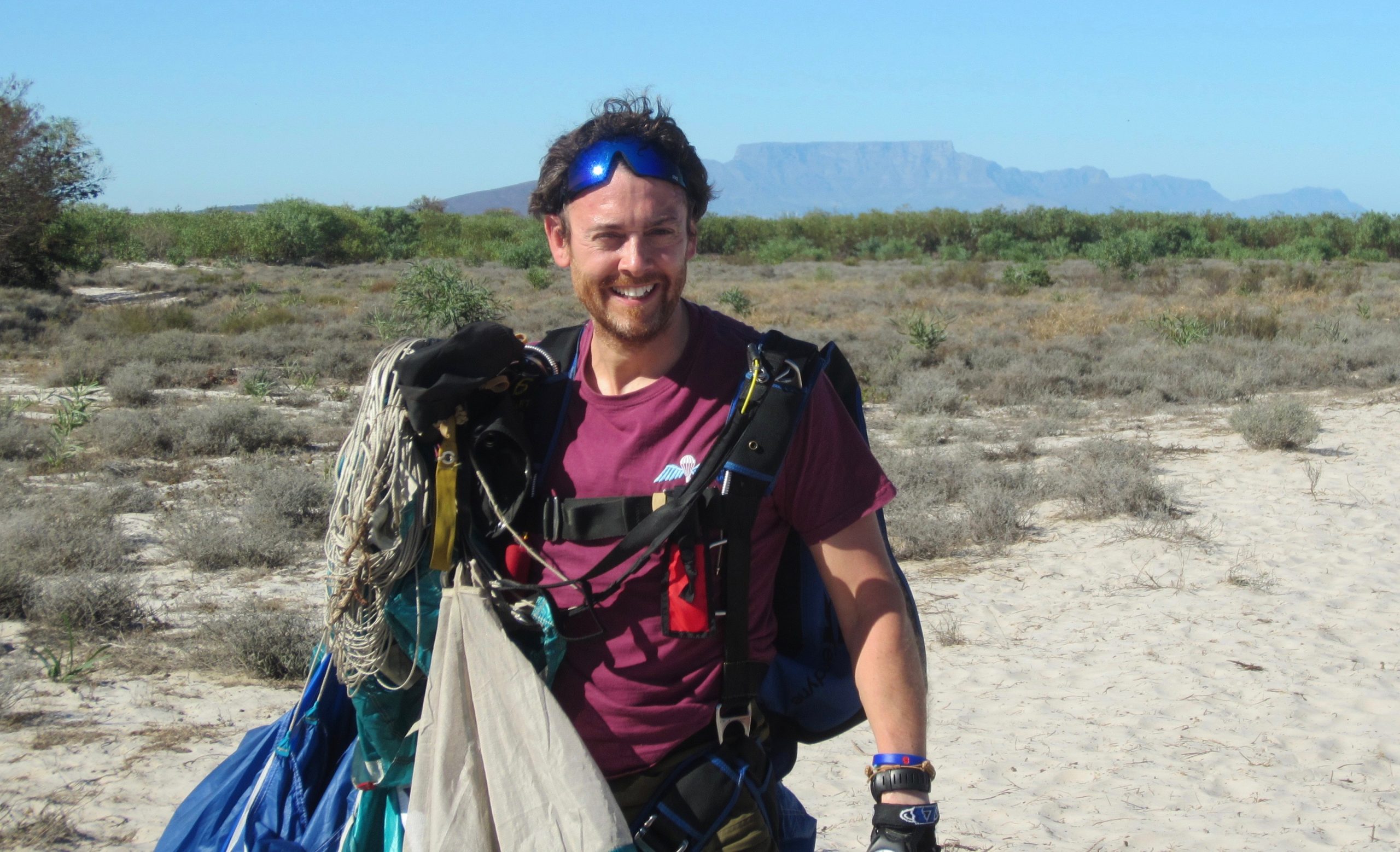Our “Five Minutes With” series seeks to discover what are the habits, inspirations and obstacles that have shaped the careers of leading cancer researchers and influencers.
Richard Sullivan is Professor of Cancer and Global Health at Kings College London, Director of KCL Institute of Cancer Policy and Director, KCL Centre for the Study of Conflict & Health. Richard qualified in medicine and trained in surgery (urology), gaining his PhD from University College London. He has led programs for NATO, UN, OSCE and other organisations in global health and post-conflict health reconstruction in many parts of the world. His most recent work has been focused on the basic package of health services in Afghanistan, civil-military co-operation in health in South Sudan, polio eradication and insecurity in Pakistan, and use of health intelligence in high-security disease outbreaks. Richard is an NCD advisor to the WHO, Save the Children, National Cancer Grid of India and the NCI Centre for Global Health. His publications can be found here.
When do you get your best research ideas?
In the pub, chatting with people! Occasionally, a good idea will ambush me from leftfield…
Which failures changed you the most?
Working in the 1990’s in Somalia, Rwanda and the Balkans. Our collective failures to save so many people and the brutal reality of conflict.
I’m inspired most by…
The extraordinary colleagues and friends over the years from academia, NHS and all the external organisations I’ve worked in. The world is full of remarkable people doing the ‘right’ thing.
What advice would you give to someone starting their first research group?
Treat everyone in your team like gold. Their happiness and success are yours. Research is a way of life and a calling, not just a job. Spend as much time in non-work setting as you can.
What are the biggest blocks to cancer prevention in the UK and globally?
Political will is a huge issue as populism and short termism, as well as privatisation dominate the contemporary narrative. In parallel and coupled to this is the fanatical obsession with pharmaceuticalisation and the basic biomedical paradigm that narrowly focuses on technocentric solutions to modern health issues. This translates into less investment in prevention, at best a luke-warm view of prevention, and at worse in some countries an almost anti-prevention narrative and a failure to take seriously the social determinants of health. However, a caveat. Many countries that are fragile and / or in conflict, as well as many populations e.g. refugees and other forced migrants, do not have the luxury of a functioning system and government to effect prevention strategies. For them this is simply not a priority. The priority is staying alive, finding shelter and / or food. Not tobacco control, for example.
How will the NHS change the most in the next 20 years? Is free healthcare sustainable?
What I hope is that the collective spirit of intelligent kindness and NHS ethos will prevail against the current political insanity that treats doctors, nurses et al like cogs in business machine run by an apparatchik that treats healthcare like a commodity and our health systems as a platform for personal ego and power. A renewed co-operative discipline that rests on pillars of equality, high quality and respect would ensure that the current foundations of sand actually became solid once again.
This does mean a new covenant with society, more healthcare professionals leading and managing the system and better employment conditions (salaries, facilities…even better catering!). The technical advances will come. Some will be game changes, but most will be incremental or minor. But without a decent end to end system – public health and prevention to a dignified end of life, free of pain – none of these unknown technical innovations will deliver the better health for all; patients, healthcare professionals and society.
There is no question of whether ‘free’ healthcare is sustainable. It absolutely has to be.
Find out more about Prof Sullivan’s thoughts on what changes need to be made so that public policy doesn’t threaten cancer prevention here.
The views expressed are those of the author. Posting of the blog does not signify that the Cancer Prevention Group endorse those views or opinions.
Share this page

